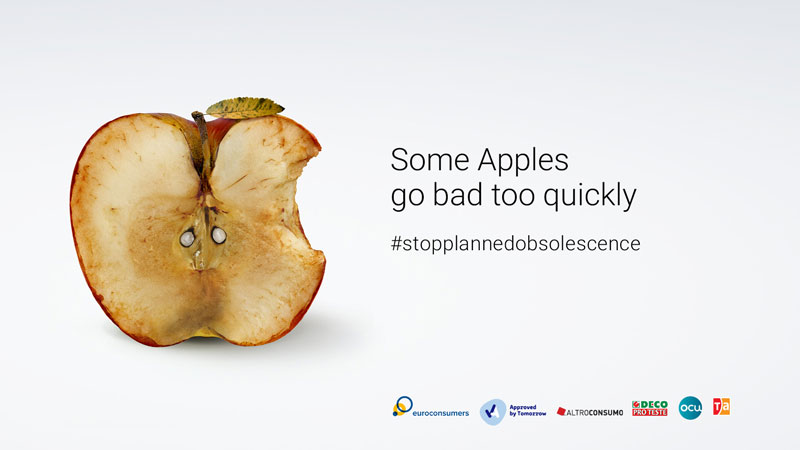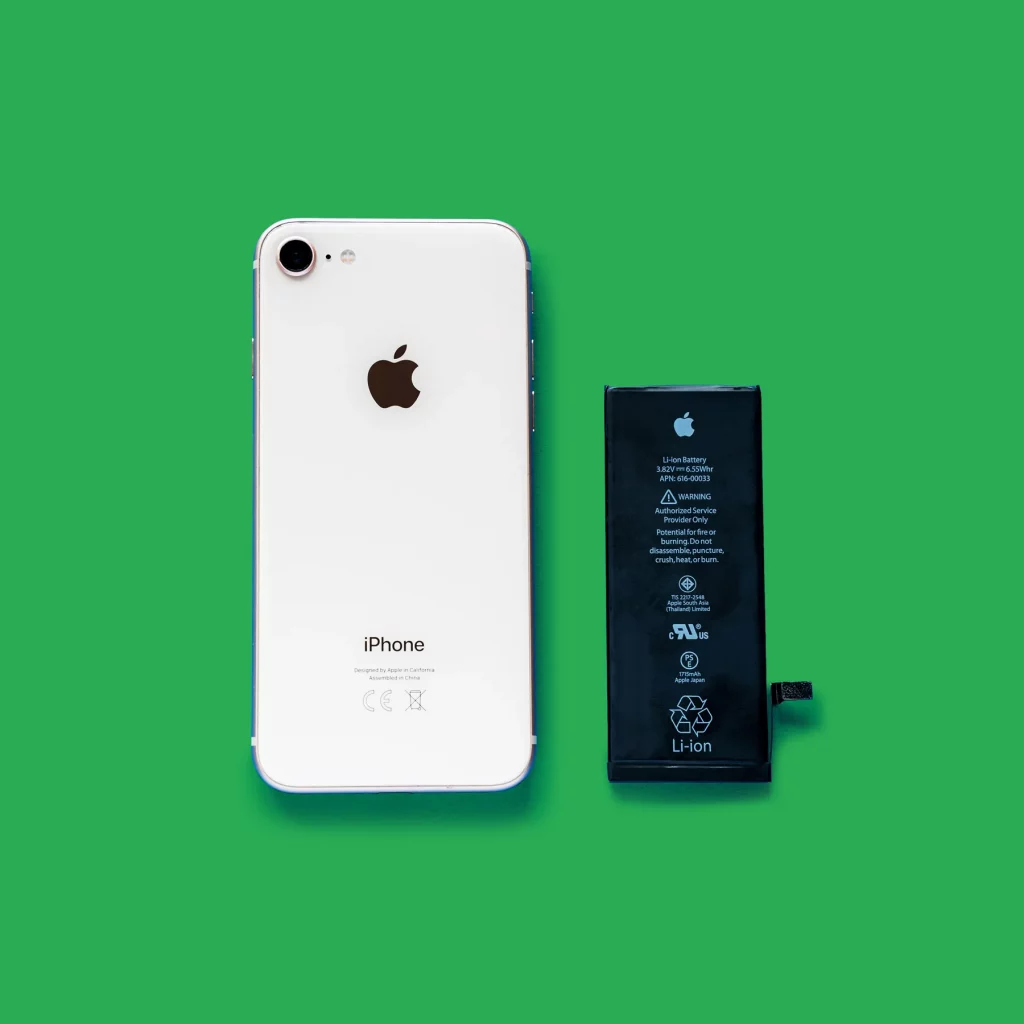There are many rumours and misconceptions about mobile phones that spread through the public consciousness and any potential answer ends up in a perpetual state of ‘maybe?’ In this article I’ll answer some of the most common misconceptions and myths when it comes to mobile phones, and tech in general.

Radiation from mobile phones causes cancer
The assumption that constant exposure to a mobile phone could have detrimental effects on human health makes sense at first glance. After all, they emit ionizing radiation in order to function, and we press them to our faces for extended periods of time.
Click the link for Unbeatable Mobile Phone Deals You Won't Want to Miss!
--------------------------------------------
This topic endlessly continues to spark debate as numerous studies completed on the topic have delivered contradictory results.
For example, in 2018, it was suggested that a peer reviewed study by the US government[1], since removed from the internet, stated that radiation from mobile phones in fact does cause cancer, as a group of experts suggested that more research was done into the effect of GSM radiation on the hearts of rats. In 2011, the World Health organisation also classified mobile phone radiation as a ‘possible’ human carcinogen.
However, outside of these isolated cases, the general scientific consensus is that mobile phones are completely safe, and the impact of such radiation does not extend out of the device simply heating up and changing the temperature of one’s skin. For example, the largest ever study of cell phone usage and instances of cancer, using data from 13 countries, found no link between the level of mobile phone activity and an increase in brain or other cancers[2].
Using a mobile phone, therefore, is certainly safe. Unless you’re a rat.
All phone calls are recorded in the UK
It has been suggested that every phone call being made in the UK is recorded. This is not a particularly unreasonable assumption in the age of mass surveillance, but is certainly false.
It is legal to record phone calls under the right circumstances, and if you are found to be suspicious by the authorities a warrant can be obtained to record your phone calls – this much is true.
However, every single phone call made in Britain is certainly not recorded, due to the nature of telephone calls in the law as private, and maintaining the infrastructure needed to hold up such a system would be immensely difficult and largely useless.

Phones track you even when turned off
This is another common assumption that is incorrect. If your device is fully powered off there is no way that it can be tracked by outside forces as mobile network data or GPS data would be required to observe the location of the device, and since it is off it does not have the power to broadcast such information.
It is only possible to be tracked through a switched-off device if the authorities have already installed software onto your device in order to keep it active even when powered down. Which, in the case of the average citizen, is extremely unlikely.

Promotional material from Euroconsumers on planned obsolescence
Apple deliberately make their phones stop working
There is some truth to this one. Apple, in the past, has been hit with hefty lawsuits and fines due to their usage of ‘planned obsolescence’ policies that deliberately made older devices slower in order to incentivise consumers to purchase newer models to drive profits.
In 2020, Apple paid $113 million in order to settle consumer fraud lawsuits from over 30 states in the US[3] after initially denying any action that would have deliberately reduced the lifespan of an iPhone.
Apple still argues that they did not intentionally reduce the lifespan of their devices by throttling battery performance, but that it was necessary to prevent older devices shutting down entirely.

Leaving your phone plugged in will damage the battery
Another very common smartphone myth is that leaving one’s device plugged in beyond the point of a complete charge will damage the battery.
This is entirely false, and every modern device will have protections built in to prevent an overload of charge from exerting negative effects on the battery.
Putting your phone in rice if it gets wet
Rice acts as a very mild desiccant (absorbs liquid) and helps draw the moisture out of the phone. However, you only have to Google “The best way to save a wet phone,” and with over 2 million results we can quickly see that BEFORE you place your phone in rice that you need to do at least 4 or 5 other life-saving procedures, such as immediately drying your device with a cloth or blasting it with compressed air, before putting your phone into rice. Without these steps the rice method often isn’t enough on its own.
Your phone is constantly listening to you
There is some truth to this statement in that modern smartphones will be constantly recording audio to some degree in order to listen out for a key phrase in order to prompt a virtual assistant such as Siri. However, this notion is often extended to suggest that, given your device is constantly listening, it must be using these recordings to extract advertising data.
Many people will find themselves having a conversation about a certain product or service, and then find that they are being served ads for the very same thing, deducing that their device must have listened to their conversation.
Chances are, however, that they have either looked up said product or service in the past, or during the course of their conversation, or the product or service is simply very popular for their age group/demographic. Online advertising is extremely sophisticated, and even searches unrelated to your complete interest may combine in order to serve you an ad that seems uncanny.
For example, if you were to spend 20 minutes googling tattoo parlours, then 20 minutes googling a very specific artwork, it is highly likely that you will be served an ad that shows you that specific artwork tattooed onto someone else by a professional artist, even if you did not search for that specific thing.
To buy a phone that will NOT give you cancer, record your calls, or track your every move, shop for refurbished phones at The Big Phone Store and get a great price!
[1]https://web.archive.org/web/20200712093404/https://ntp.niehs.nih.gov/ntp/about_ntp/bsc/2018/june/
meetingmaterials/blystone20180620_508.pdf
[2] Cardis E, Richardson L, Deltour I, Armstrong B, Feychting M, Johansen C, Kilkenny M, McKinney P, Modan B, Sadetzki S, Schüz J, Swerdlow A, Vrijheid M, Auvinen A, Berg G, Blettner M, Bowman J, Brown J, Chetrit A, Christensen HC, Cook A, Hepworth S, Giles G, Hours M, Iavarone I, Jarus-Hakak A, Klaeboe L, Krewski D, Lagorio S, Lönn S, Mann S, McBride M, Muir K, Nadon L, Parent ME, Pearce N, Salminen T, Schoemaker M, Schlehofer B, Siemiatycki J, Taki M, Takebayashi T, Tynes T, van Tongeren M, Vecchia P, Wiart J, Woodward A, Yamaguchi N. The INTERPHONE study: design, epidemiological methods, and description of the study population. Eur J Epidemiol. 2007;22(9):647-64. doi: 10.1007/s10654-007-9152-z. Epub 2007 Jul 18. PMID: 17636416.
[3] https://www.npr.org/2020/11/18/936268845/apple-agrees-to-pay-113-million-to-settle-batterygate-case-over-iphone-slowdowns
Upgrade today by selling your old device! Click on the links to find out value of your mobile phone and how to 'Sell My Phone,' benefit from 'Phone Trade-In' or 'iPhone Trade-In' for the best value.
-------------------------------




